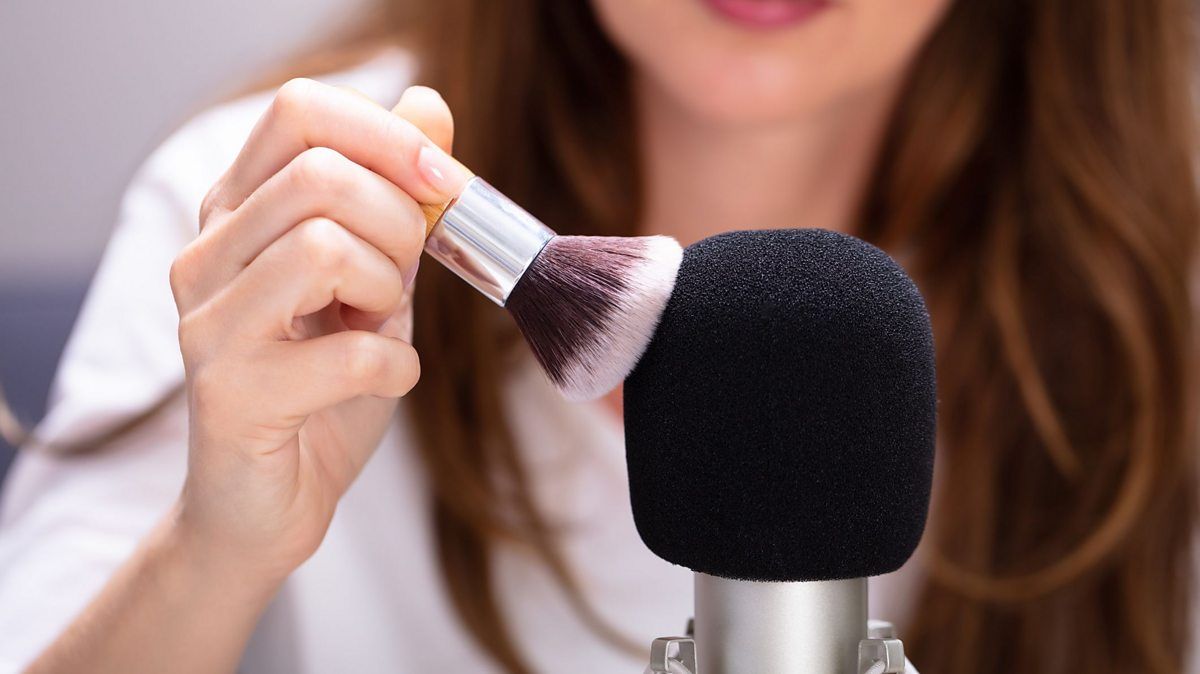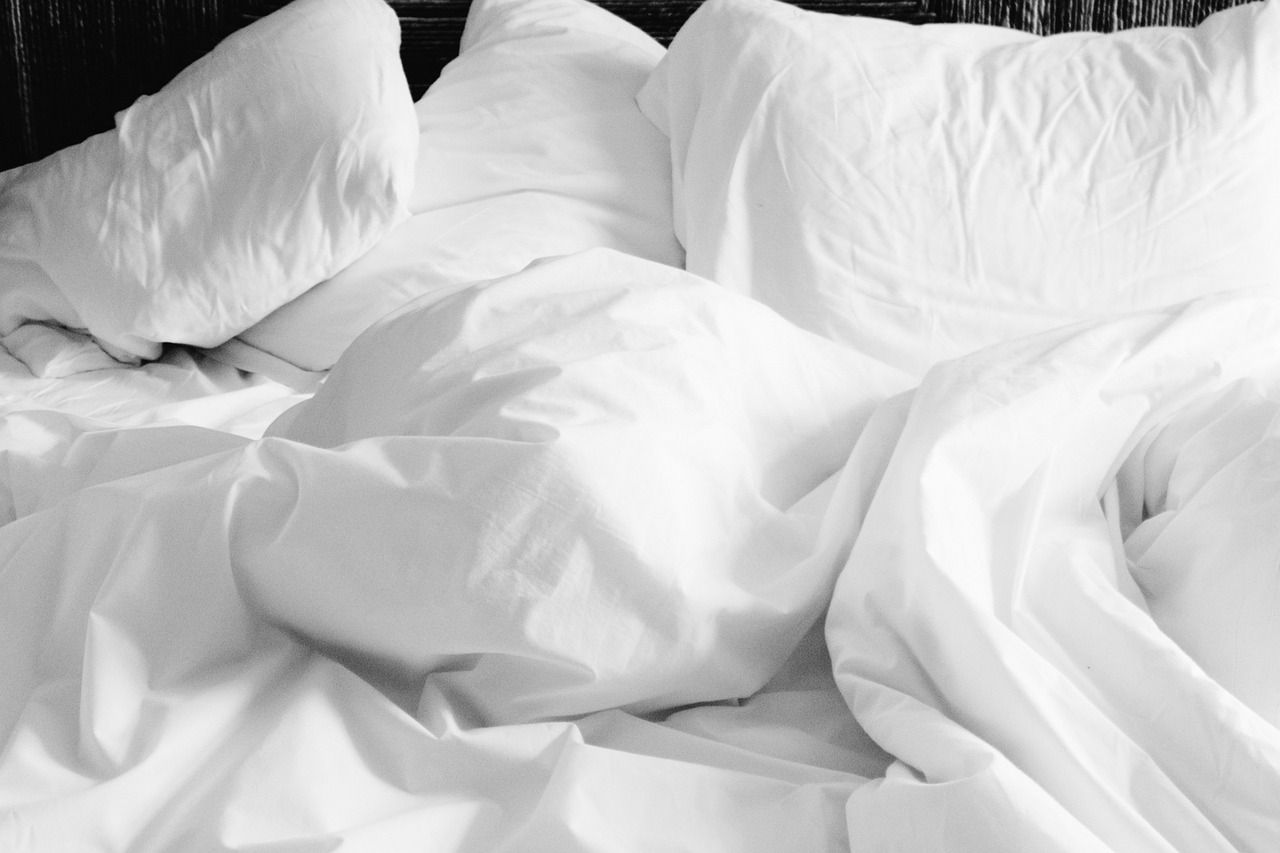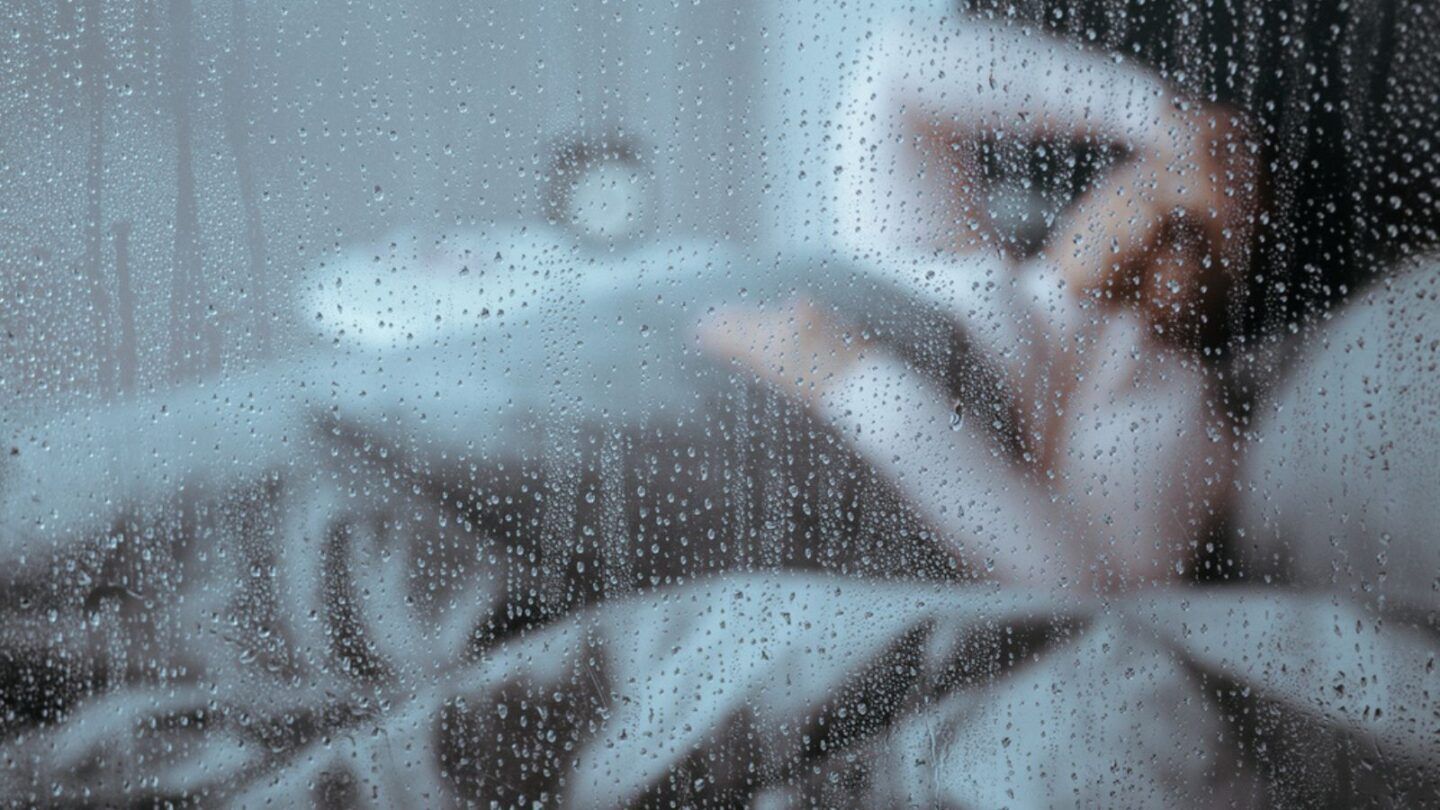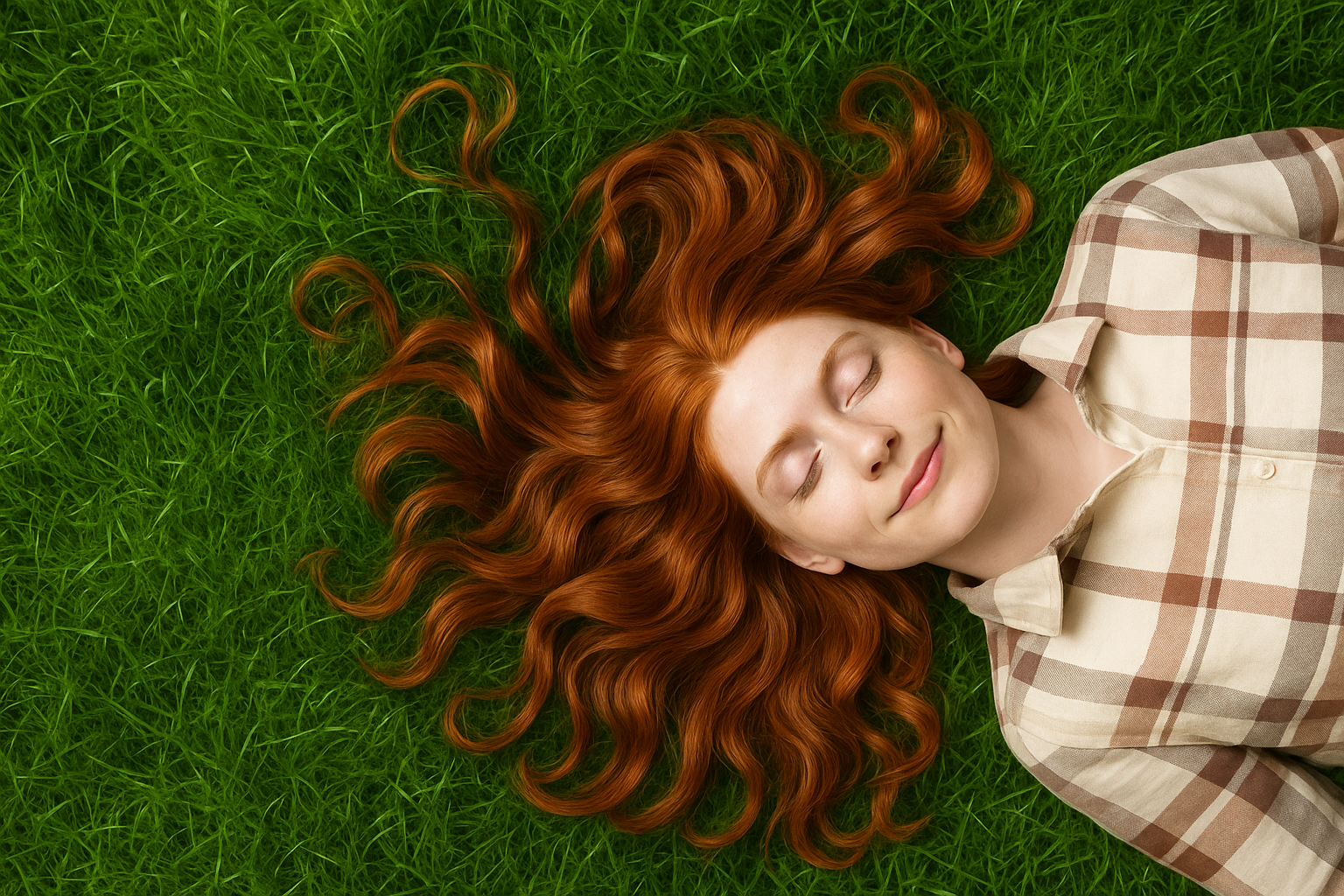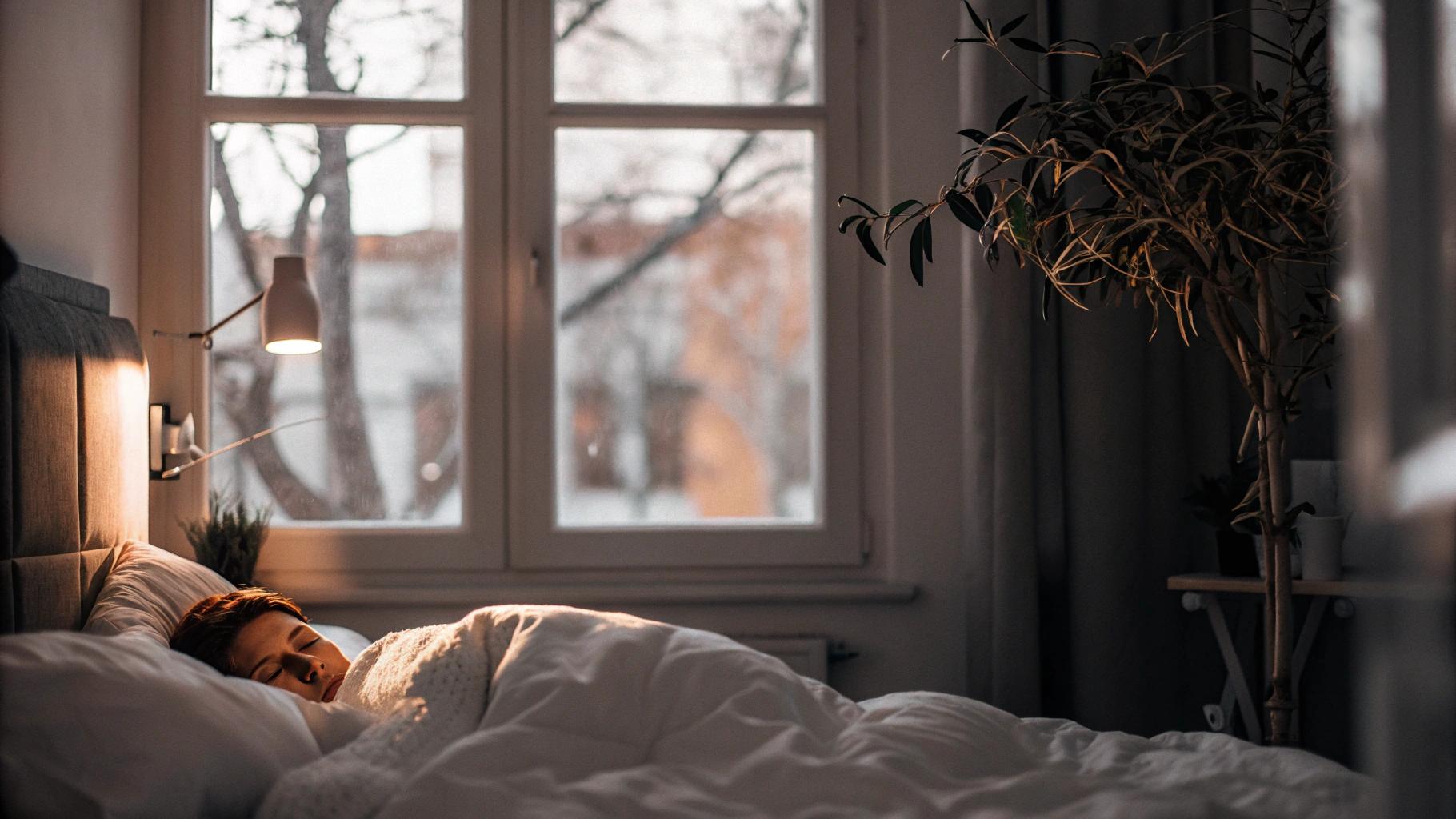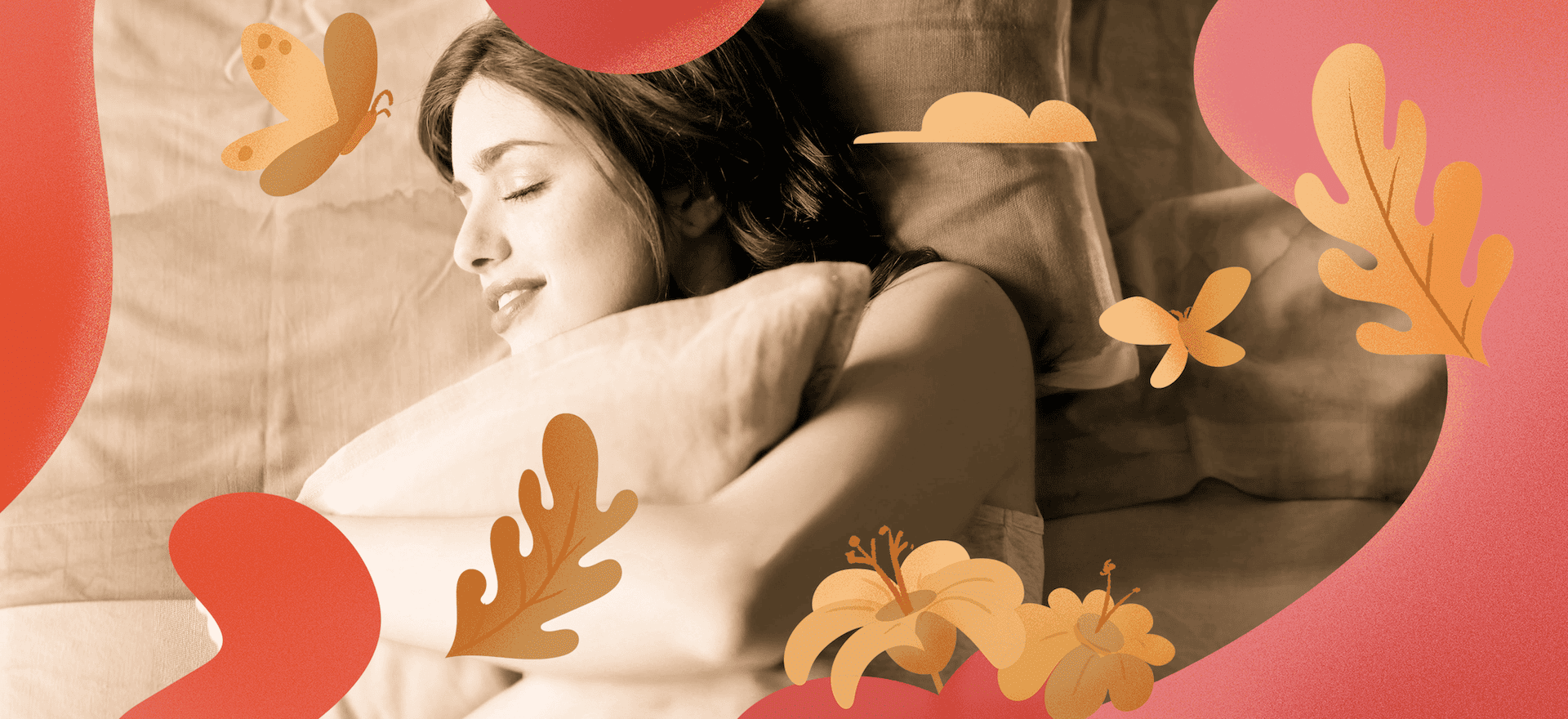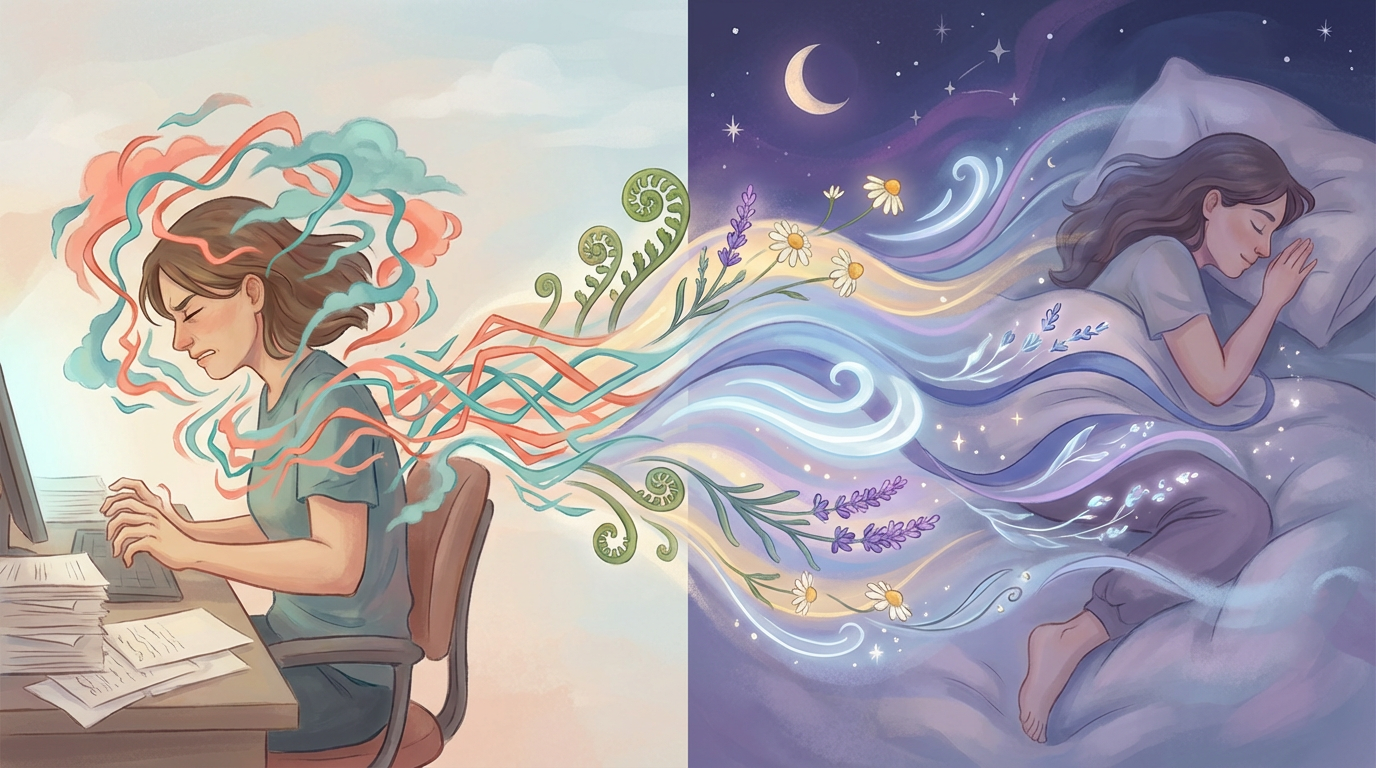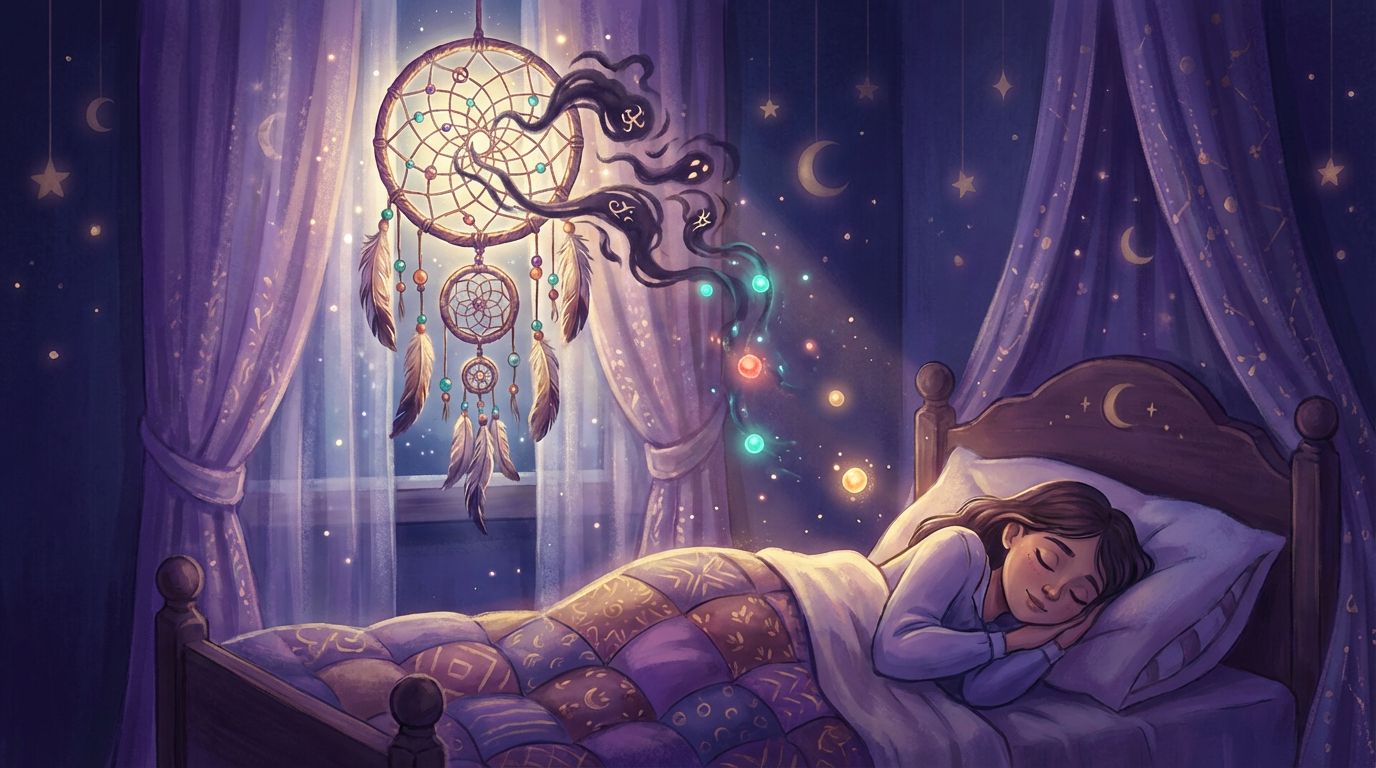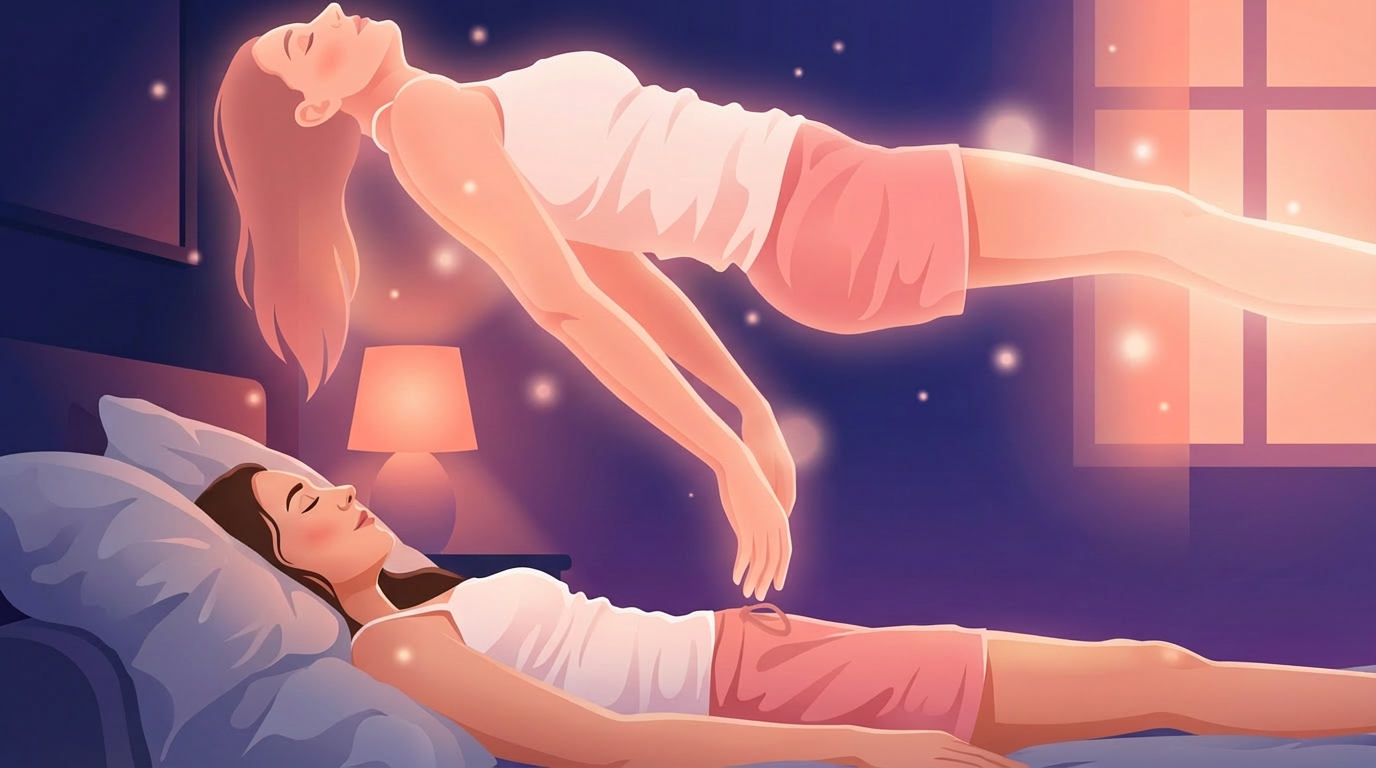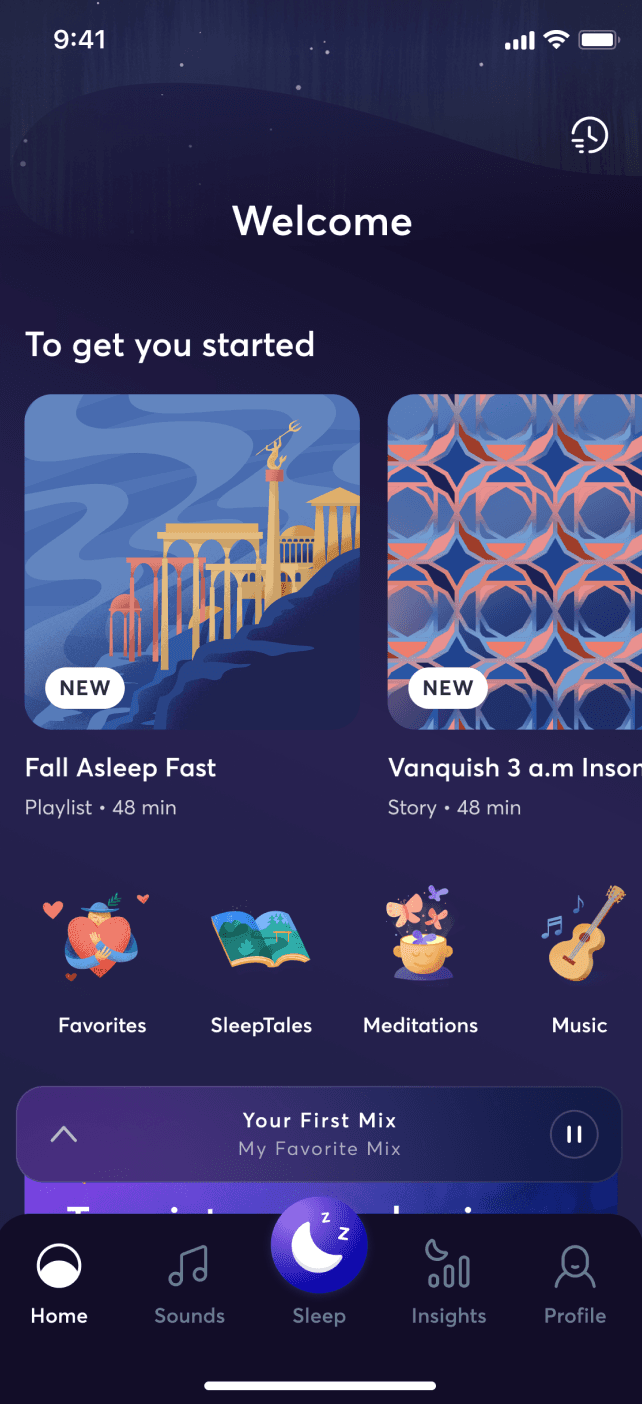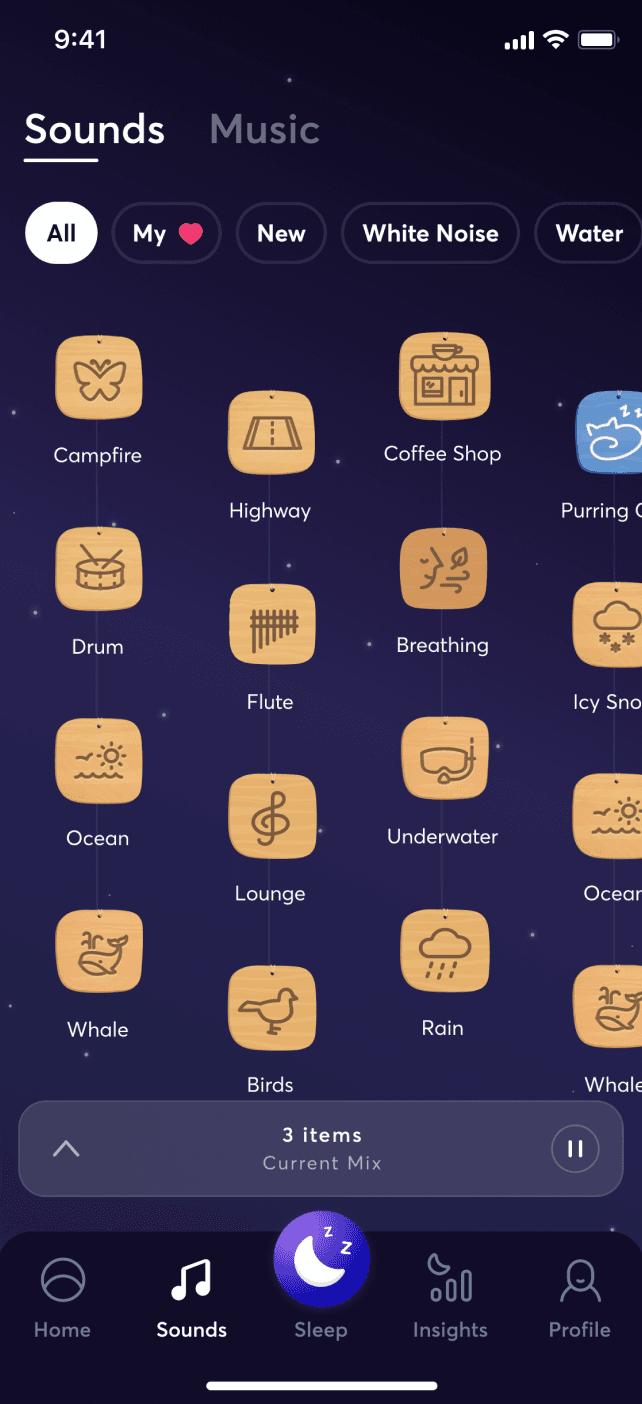
9 Things You Might Not Know About Sleep Hypnosis
Stereotypes around hypnosis tend to conjure ideas of swinging pocket watches, swirling images, and the old quote: "You are getting sleepy…." In reality, sleep hypnosis is a valid, tested way to get better rest and treat insomnia. Learn more about this safe technique and consider trying it out to improve your sleep.
What Is Hypnosis?
Hypnosis, or hypnotherapy, is a state of intense concentration where we feel relaxed and open to suggestions. For this reason, trained hypnotherapists use this method to help their patients get relief from issues like pain or addiction. People also use it to cut through their mental clutter and deeply process things.
Sleep hypnosis involves using hypnotherapy to treat insomnia and other sleep conditions like nightmares, rapid eye movement (REM), sleep behavior disorder, sleepwalking, sleep terrors, and more. A hypnotherapist talks to their patient soothingly and may ask the patient to visualize specific imagery and guides them into a relaxed state. They then encourage and suggest steps to be taken to achieve their goals (keep reading to learn the fascinating changes in your brain during sleep hypnosis).
What's happening to your brain during sleep hypnosis?
A study featured in an article on Healthline showed that during hypnosis, two parts of your brain that control and process what's happening in your body showed higher activity. A separate study also found that the region in your brain that helps people stay vigilant becomes less active during hypnosis. That same study also found that other areas of your brain that are important for self-consciousness become disconnected. Thanks to these changes in your brain during hypnosis, you may be able to look at problems in a new way to find new solutions.
9 Important Facts About Sleep Hypnosis
Hypnosis may be a valid strategy to find relief if you struggle with falling asleep, staying asleep, or simply getting a good night's rest. Here's what you need to know:
1. Hypnosis doesn't make you lose control.
Movies and books often portray it this way, but people are generally aware of what's happening during hypnosis and remember it later.
2.Hypnosis is considered safe for most of us.
Some people experience minor adverse reactions, like headaches, drowsiness, dizziness, and anxiety. However, it may not be the right fit for those with severe or diagnosed mental illness.
3. Its best to trust the pros.
Hypnotherapy should only be conducted by professionals trained and certified in hypnotherapy.
4. Changes in the brain
Research indicates that the benefits of hypnosis are brought on by changes in brain activity in areas that control our body and actions. Changes in the brain
5. It's an effective strategy
An extensive review of studies of hypnosis and sleep found this strategy effective for many people. The study also concluded that sleep hypnosis is safe, with few side effects.
6. Self-hypnosis works too!
While it's a good idea to work with a trained hypnotherapist for serious sleep problems, people also benefit from doing it themselves.One study found that subjects spent more time in a deep sleep and less time awake after listening to a guided hypnosis practice before bed.
7. Meditation is similar to self-hypnosis.
So what is the difference between hypnosis and deep meditation? Though they share many of the same qualities, meditation is generally known to be a more relaxing/calming practice. Hypnosis, on the other hand, is usually goal driven: you're looking to solve an issue.
If you've ever meditated to the point of intense relaxation and focus, you may have unknowingly hypnotized yourself!
8. Hypnosis shouldn't put you to sleep immediately.
The point of hypnosis is to take the suggestions from the session and apply them later. However, if you're sleep-deprived, don't be surprised if you fall asleep fast.
9. Safety is a must
If you're not sure hypnosis is safe for you, talk to your doctor before trying it out. They should be able to provide a referral to a trained, certified hypnotherapist.
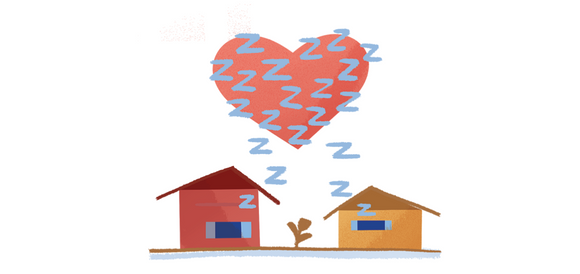

Does sleep hypnosis work?
And now we've come to the million-dollar question - does it work? Of course, the answer will be different depending on who you ask. As we discussed above, studies have proven the changes hypnotherapy can have on the brain. It can help people get into a state where they are more open to taking suggestions that can help improve their behavior and attitude around sleep.
Sleep researchers from the Universities of Zurich and Fribourg found that hypnosis can positively impact the quality of your sleep. Biopsychologist Björn Rasch (head of the study) said this about the power of hypnosis on sleeping problems "It opens up new, promising opportunities for improving the quality of sleep without drugs." (Wellness Institute) Another study conducted in 2014 found that hypnosis increased the amount of deep, restful sleep by as much as 80 percent in some participants.
Is it for everyone, though? Onestudy found that while 10 percent of the population can easily be hypnotized, the rest can fall into a state of hypnosis. So it's easy to understand why many people have doubts about the effectiveness of sleep hypnosis (or whether or not it is a placebo or if they can even be hypnotized). But there have been promising results from hypnotherapy that make it a highly valid alternative treatment option.
What happens during a sleep hypnosis session?
Starting any therapy or treatment can be intimidating, so it's always nice to know what you're getting yourself into. Hypnotherapy aims to get to a core issue/problem by bypassing your natural mental blocks/clatter and getting to the root of your subconscious (remember those brain changes we discussed before).
Usually, hypnosis treatments involve some initial assessment to get a sense of someone's sleep-related patterns and behaviors. After that, patients will usually receive a couple of 60 to 90-minute sessions before their therapist recommends the following steps (if more treatment is needed, what the follow-up care will look like, etc.) In the session, your therapist helps guide you into a hypnotic state so you can start addressing your core issues (like poor sleep)!
Hypnosis Is a Natural Sleep Aid
Turning to medications is tempting when you're having trouble falling or staying asleep. Unfortunately, these drugs aren't usually a long-term solution. Not only can they cause side effects, but they also ignore the underlying issues that prevent you from getting rest. Medication may help put you to sleep, but it doesn't address the stress, anxiety, or other factors interfering with your sleep.
Sleep hypnosis offers a natural alternative or complimentary practice to medications. Sleep hypnosis works to gently guide your mind into a relaxed state so that you can have a healing sleep and sleep better overall. Hypnosis can be a powerful tool for treating the root causes of your sleep issues, potentially helping you overcome them altogether.
Try sleep hypnosis with BetterSleep
If you're interested in trying out this technique, check out the sleep hypnosis meditations on BetterSleep (you'll love these if you're a fan of guided meditation or any sleep meditation). The Deep Forest, Doorway to Dreams, and River of Sleep practices are a great place to start and learn about sleep hypnosis from the comfort of your bed. This content, created by hypnosis and mindfulness experts Aster J. Haile, John Moyer, and Andrew Green, will guide you through safe self-hypnosis and help you drift gently off to sleep.

